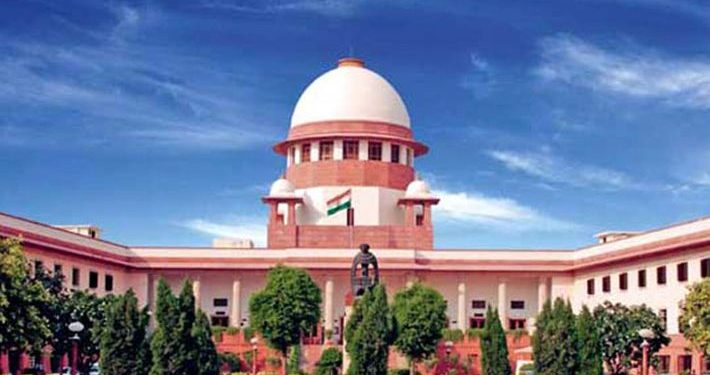New Delhi: The Supreme Court sought Thursday responses from the Centre and Central Board of Secondary Education (CBSE) on a plea seeking 10 per cent reservation for economically weaker sections (EWS) in the Central Teacher Eligibility Test (CTET), 2019.
A vacation bench comprising justices Indira Banerjee and Sanjiv Khanna issued notices to the Centre and the CBSE on the plea and asked them to respond to it by July 1, the next date of hearing. The court was hearing a plea by some petitioners belonging to the economically weaker sections and planning to appear in CTET 2019.
The petitioners told the apex court that CBSE published an advertisement January 23, 2019 for conducting CTET in which benefit of 10 per cent reservation has not been given to candidates belonging to economically weaker sections of society.
“The CBSE published advertisement dated January 23, 2019 for conducting CTET, 2019 in which this (reservation) benefit has not been given to economically weaker section and therefore the present writ petition is being filed to make sure that people covered under economically weaker section are given similar benefit like other reserved category (SC, ST and OBC) starting with CTET-2019 advertisement,” their plea has said.
However, in the previous hearing May 13, the court had said that for qualifying examinations there cannot be any reservation, as it comes into play only during admissions, while adding, ‘the notification for examination does not give any reservation to Scheduled Caste and Scheduled Tribe either.”
“For qualifying examinations there cannot be any reservation. This is wholly misconceived. This (CTET) is merely a qualifying examination. The issue of reservation will come up only at the time of admission,” the bench had said.
The petitioners in their plea have challenged the notification issued by the CBSE on the ground of violation of rights guaranteed under the Constitution. The Constitution (One hundred and third amendment) Act, 2019 was passed by Parliament and came into force, January 16.
PTI







































